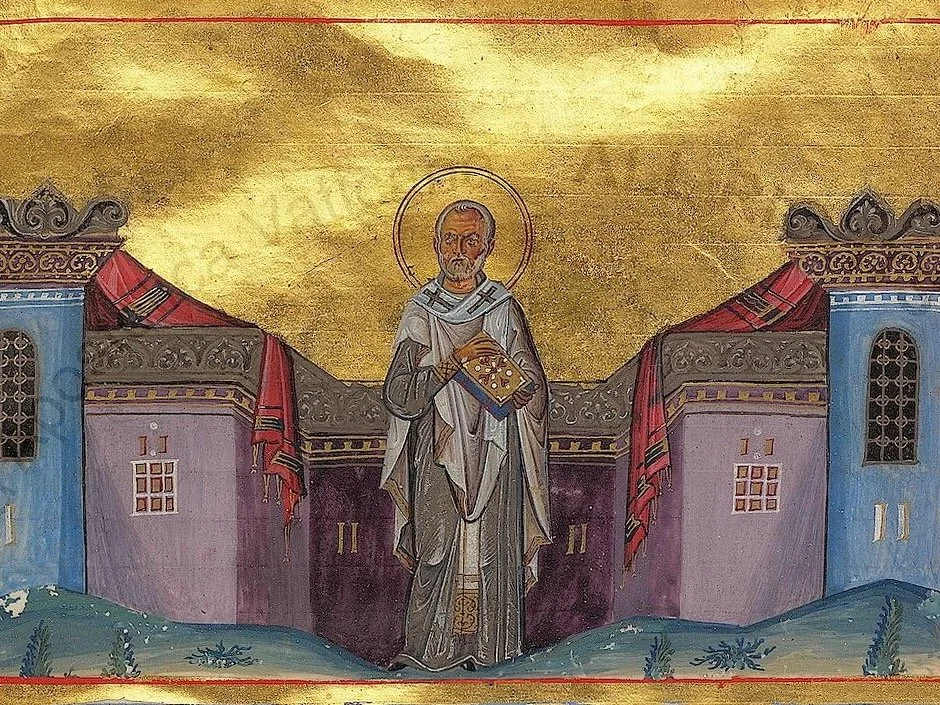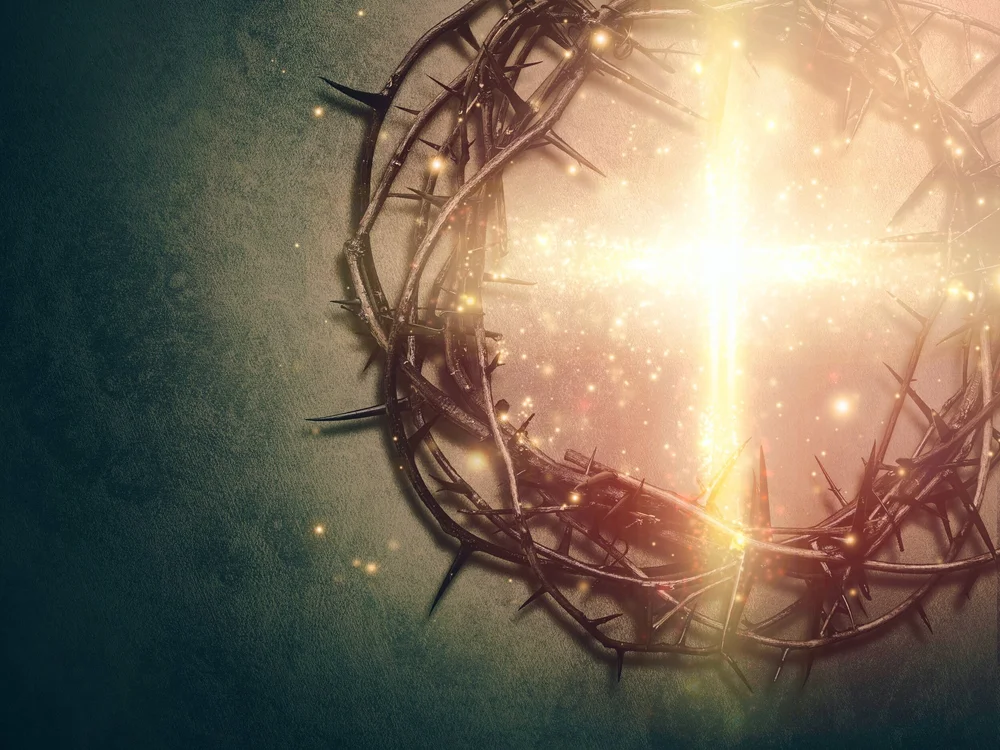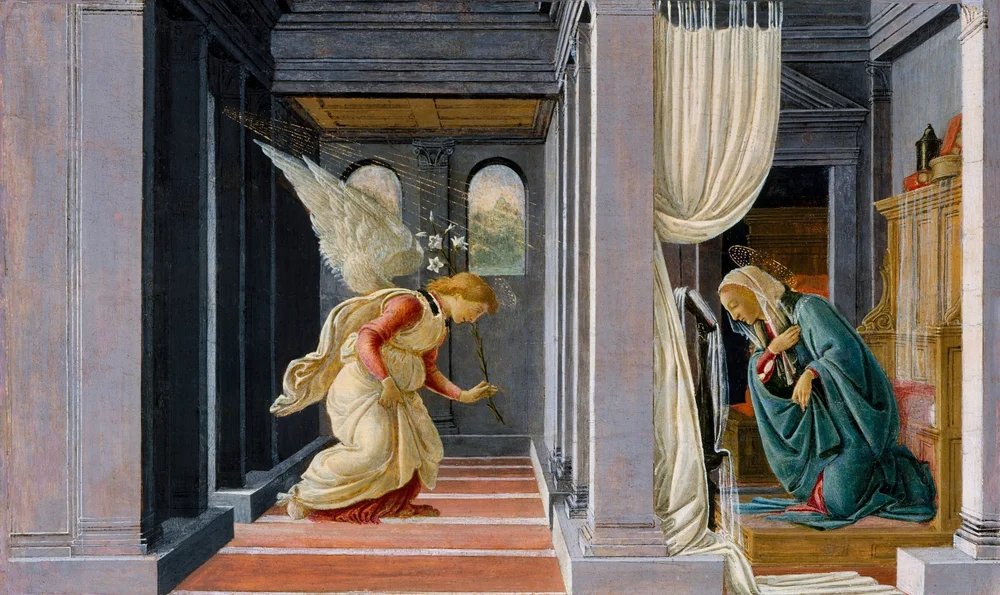
Image by Patty Roth
Disclosure: This post may contain affiliate links, meaning Beautiful Christian Life LLC may get a commission if you decide to make a purchase through its links, at no cost to you.
Debate concerning the doctrine of justification is nothing new. In fact, it is because of wrong views of justification that the apostle Paul wrote statements like these:
I do not nullify the grace of God, for if righteousness were through the law, then Christ died for no purpose. (Gal. 2:21)
Now it is evident that no one is justified before God by the law, for ‘The righteous shall live by faith.’ But the law is not of faith. (Gal. 3:11-12a)
Therefore, since we have been justified by faith, we have peace with God through our Lord Jesus Christ. (Rom. 4:24-25)
O foolish Galatians! Who has bewitched you? (Gal. 3:1)
As sinful creatures, the gospel does not come naturally to us. We need to be reminded over and over again of the fact that God’s grace is lavish. It comes as no surprise that a biblical conception of justification would cause offense, for justification is the very heart of the gospel. That is precisely why justification is so important. “Because if this article stands,” said Luther, “the church stands; if this article collapses, the church collapses” (Weimarer Ausgabe 40/3.352.2-3).
Now that you know that justification is important, here are seven things you need to know about it and why.
1. God justifies sinners.
In Romans 3:22b-24a Paul says, “For there is no distinction: for all have sinned and fall short of the glory of God, and are justified by his grace as a gift.” A few verses after this he asks, “Then what becomes of our boasting? It is excluded” (v. 27a). Have you ever felt like you sinned too gravely to be forgiven? Have you ever questioned your salvation because you really messed up? Maybe you struggle with certain sins that you can’t seem to master, and you wonder how God can possibly accept you. You are a sinner—but there is good news for you: God only justifies sinners.
The “righteous” do not need a savior; it is for sinners that Christ died. By living a perfect life in your place, dying on the cross, rising again on the third day and ascending into heaven, Christ enacted a great exchange: where he deserved life, he received your death; and in his resurrection, which proved him righteous, you are declared righteous. If you believe this, then your truest identity is no longer sinner; rather, whatever can be said about Christ with regard to righteousness can now be said about you.
2. Christ’s righteousness is your justification.
Before Luther had his breakthrough in understanding justification, he felt deeply troubled over Romans 1:17, which says, “For in it [the gospel] the righteousness of God is revealed from faith for faith, as it is written, ‘The righteous shall live by faith.’” This last part of the verse is from Habakkuk 2:4. “But how can one be righteous in relation to God’s righteous law?” Luther asked. He thought he had to be inwardly righteous himself to be justified.
When Luther came to realize that it is an alien righteousness received through faith that justifies, and not one’s own righteousness, he had the breakthrough that led to the Reformation. “I am not good and righteous, but Christ is,” Luther said. And the same is true for us.
3. It is received through faith alone.
Let’s be clear: faith is a gift, an instrument through which you receive Christ—not a work of your own. As Ephesians 2:8-9 says, “For by grace you have been saved through faith. And this is not your own doing; it is the gift of God, not a result of works, so that no one may boast.” You are saved through faith, not on the basis of your faith. The focal point is Christ, the object of your faith, not faith itself.
Misunderstanding this distinction can lead to much emotional pain in regard to assurance. Doubts such as “But what if my faith is not good enough?” or “My faith feels weak right now” could potentially trouble the mind. Faith is the instrument through which you behold Christ. It is a gift from God, and thus it is Christ alone who saves you. Don’t look to yourself or even to your faith to save you but to Christ who is your righteousness and who has already said, “It is finished” (John 19:30), concerning what needs to be done for your salvation.
4. You can’t lose your justification.
Christ’s death was efficacious. He shed his blood for actual people. This means that none for whom he died can be lost—ever. Rather, just as surely as he has been raised from the dead and seated at the right hand of the Father in heaven, you also have been raised and are already, in Christ, seated with him in heaven (Eph. 2:6).
Nothing can alter the finality or efficacy of Christ’s blood. His resurrection is your resurrection. In him, salvation is not merely possible, but actual. This means that you can take great joy in knowing that you are truly safe in God’s mighty hand. It also means that there is no need to fear future judgment, but rather, that you can with great peace await your Savior’s return.
5. Justification is apart from your good works.
Luke 23:39-43 recounts Christ’s death beside two criminals:
One of the criminals who were hanged railed at him, saying, “Are you not the Christ? Save yourself and us!” But the other rebuked him, saying “Do you not fear God, since you are under the same sentence of condemnation? And we indeed justly, for we are receiving the due reward of our deeds; but this man has done nothing wrong.” And he said, “Jesus, remember me when you come into your kingdom.” And he said to him, “Truly, I say to you, today you will be with me in Paradise.”
This criminal himself said his sentence of death was just—by his deeds he deserved death. Yet, Christ told him that very day he would be with him in Paradise. Rather than a mere word of encouragement, this was a pronouncement—Christ was preaching this word to this criminal. As Isaiah 55:11 says,
“so shall my word be that goes out from my mouth;
it shall not return to me empty,
but it shall accomplish that which I purpose,
and shall succeed in the thing for which I sent it.”
Do you think the criminal had any time to merit paradise for himself after this pronouncement? What good works would he have accomplished while nailed to a cross? Yet, the Lord received him with no less love and joy, because Christ’s work was the only work that could justify him.
6. Justification is not sanctification.
Justification is a legal declaration regarding your state before God, the judge of all. Sanctification is an inward renewal and process through which you grow in godliness. Justification happens once; sanctification happens throughout your life as a believer. Justification is prior to sanctification, logically speaking (not in terms of importance). What this means is that sanctification flows out from the life of a justified person, and not the other way around.
These are important distinctions. Get this wrong, and you fall into error in your understanding of the gospel and may end up thinking you can contribute in some way to your justified state through sanctification, or that there is something left for you to earn through your own works. As John Murray wrote,
If justification is confused with regeneration or sanctification, then the door is opened for the perversion of the gospel at its center. Justification is still the article of the standing or falling church. (Redemption Accomplished and Applied [Grand Rapids, MI: Eerdmans, 2015], 128)
7. Our justification is not a license to sin, but a reason to express gratitude.
You are already justified in Christ. Yet, this is not a license to sin. There tend to be two main responses to the gospel: 1) sin, or 2) gratitude. There are some who, after hearing the good news of the gospel, say, “Well, if that is true, why not sin all the time?” or “Tell someone that and they’ll have no reason not to sin.” These responses come from a heart that has not yet understood what Christ has done. They have not heard the gospel.
Yet, there are others who, having been weighed down by the burden of their sin and knowing they cannot defeat it, hear the words of the gospel and with great peace, say, “I’m free.” This person does not respond with statements of doubt or sin, but with faith and gratitude; this person does not turn back to the filth in which she was enslaved, but looks to Christ over and over again, moved by the lavishness of his grace (Heidelberg Catechism Q&A 86-87). And truly, his grace is lavish.
This article was originally published on March 19, 2018.
Related Articles:
-
Christian Basics: What Are the Five “Alones” and Why Do You Need to Know Them?
-
10 Words Every Christian Should Know (and Be Able to Explain)
-
12 Reasons Why Jesus Meant It When He Said, “It Is Finished"
Recommended:
Justification: Understanding the Classic Reformed Doctrine by J. V. Fesko
from Blog - Beautiful Christian Life https://ift.tt/0DxRW2s
via IFTTT










